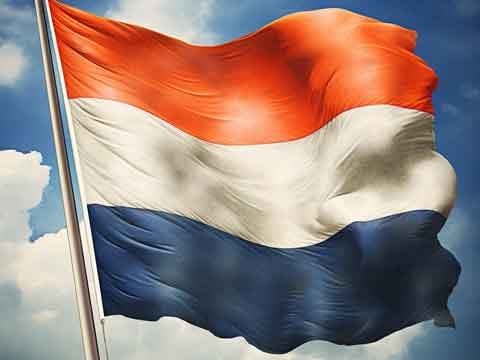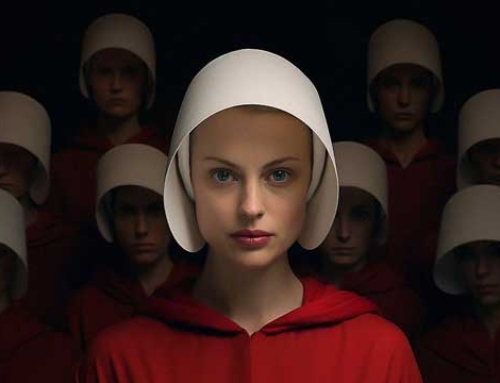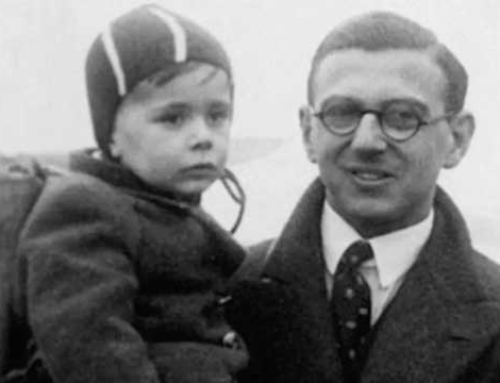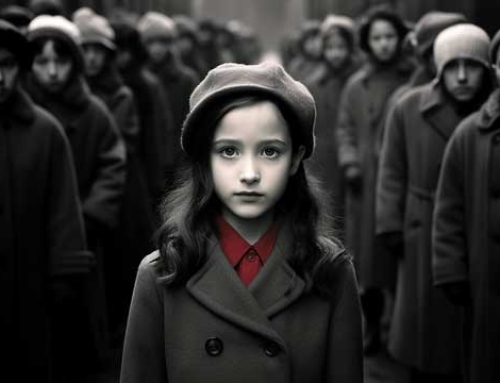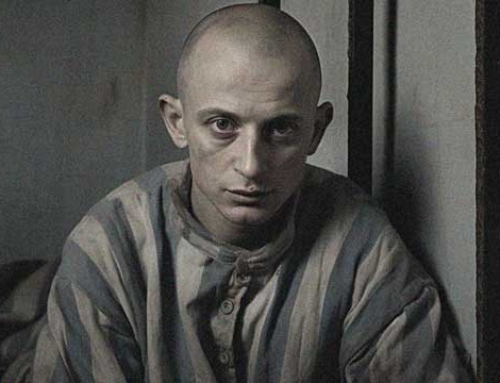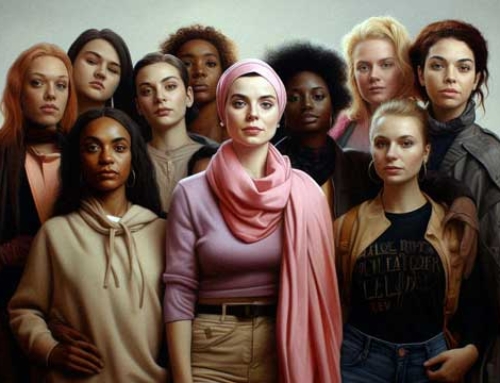You have undoubtedly heard about the recent political earthquake in the Netherlands. Geert Wilders, the leader of the Party for Freedom (PVV), has achieved a remarkable victory in the Dutch elections. This raises many questions about the future of democracy, freedom, and human rights, not only in the Netherlands but also in the European Union.
The impact on the Netherlands: questions about freedom and equality
Let’s first look at what this victory means for the Netherlands. Wilders is known for his outspoken positions, especially regarding Islam and immigration. According to the BBC, Wilders has proposed in his manifesto to ban all Islamic schools, Qurans, and mosques, and to prohibit anyone wearing a hijab from entering government buildings. This raises serious questions about religious freedom and equality in the Netherlands.
Wilders and the European Union: a changing dynamic
But it’s not just domestic politics that needs to be examined. Wilders’ victory also has implications for the European Union. As Politico emphasizes, Wilders’ presence at the EU summit table could change the dynamic, with possible debates and even reversals of policy in areas such as climate action, EU reforms, and support for Ukraine.
Democracy and human rights: a delicate balance
The question now is: what does this mean for democracy and human rights? It’s clear that Wilders’ positions are polarizing. On one hand, there are people who see his victory as a triumph for democracy because he represents the voice of a significant portion of the Dutch population. On the other hand, there are concerns about how his policy might affect the rights of minorities and freedom of expression.
The future of the Netherlands and the EU: uncertainty and hope
It’s important to remember that democracy is not just about the majority. It also involves protecting the rights of minorities and ensuring freedom for everyone. As the World Socialist Web Site states, the rise of Wilders and similar parties in Europe is a sign of a shift to the right in the political spectrum, raising questions about the direction our society is moving in.
What can we expect? It’s hard to say. Politics is always unpredictable, and it’s possible that Wilders will moderate his positions to appeal to a broader audience or to find coalition partners. But it’s also possible that he sticks to his current course, which could lead to significant changes in Dutch policy and the Netherlands’ relationship with the EU.
Realism vs. populism: the power struggle
In some cases, the rise of far-right populist parties has significantly damaged democracy. They have often caused polarization and unrest, and in some cases, even undermined the fundamental principles of freedom and equality.
However, in other situations, we have seen that once these parties come to power, they sometimes develop into more realistic politicians. They seek an acceptable balance between their populist arguments and the pragmatic needs of governing.
This is a crucial point to keep in mind. Political leaders and parties are not static; they evolve and adapt to the realities of power. It’s possible that the sharp edges of populism are softened by the responsibilities that come with governing a country. This can lead to a more moderate approach, taking into account a wider range of interests and perspectives.
Our role as vigilant humanists
As humanists, we must remain vigilant. We must closely follow developments and speak out when we think that people’s rights and freedoms are in danger. Democracy is a living process, and it requires our continuous attention and engagement.
Let’s hope for a future where freedom, equality, and respect for everyone are at the heart of our concerns. No matter which way the political wind blows, these values must remain our guide in today’s complex and ever-changing world.

